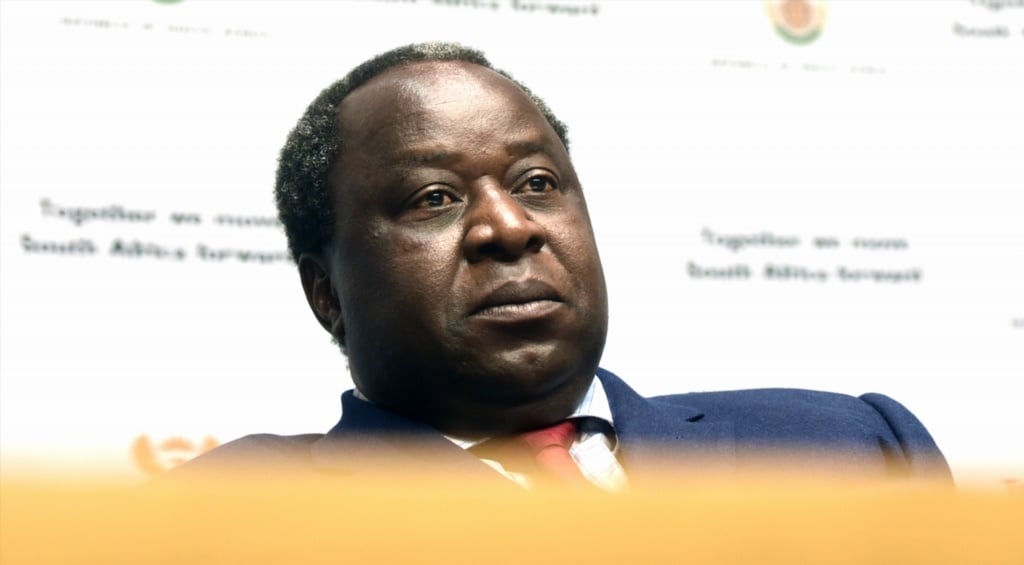
- The SA government should prioritise lifting growth to stabilise its rising debt levels, according to an IMF representative.
- While the country has a good track record on drafting plans, the key will be to actually implement reforms.
- The IMF is trusting the general public and media to raise red flags on poor governance when it comes to Covid-19 spending.
Government can make bigger gains in stabilising its debt by focusing on lifting growth through structural reforms as opposed to reining in public expenditure, said IMF senior representative of SA, Montfort Mlachila.
During a webinar hosted by asset managers Ninety One on Wednesday, Mlachila unpacked details on the $4.3 billion loan the multilateral institution extend to SA last week to fight Covid-19.
During the discussion, Ninety One head of SA investments Nazmeera Moola pointed out that the impact of a 1% lift in growth would reduce the debt-to-GDP ratio substantially, to which Mlachila agreed. "The pay-off from growth is so much more than the pay-off from fiscal consolidation. Fiscal consolidation is needed – but it is definitely not sufficient. Too much fiscal consolidation undermines growth and makes reaching debt targets a lot more difficult," said Mlachila.
Government can start by doing the easier things such as the emergency spectrum which was rolled out during lockdown, something which was spoken about for years.
Part of lifting growth means reviving business confidence, he added. Government should take a lesson from first-year medical students and "do no harm", he quipped. "Speak with one voice, be consistent, deliver on few concrete actions," he said. Investors and consumers want to be able to see things are changing.
"In SA there is a high correlation between growth in private investment and the degree of investor confidence. We are clearly in a situation where both of them are low," said Mlachila. He highlighted that government is undertaking to boost business and consumer confidence by undertaking the reforms in Treasury's economic paper, released last year. "SA has a good track record on producing nice plans, they just need to execute on them."
Faced by a ballooning budget deficit, National Treasury under the leadership Tito Mboweni has had to undertake a R500 billion stimulus package, while at the same time cutting back expenditure with a particular focus on public sector wages that has seen tensions rise with labour unions.
Transparency
One of the requirements of the IMF Covid-19 relief loan is transparency and accountability by government on how the fund are spent.
"We definitely have not let our guard down in the pandemic. As our MD [Kristalina Georgieva] says, 'Spend as much as you need to fight the pandemic and ensure people's livelihoods but keep the receipts,'" said Mlachila.
The IMF will be making sure government keeps to its commitments, with various mechanism, such as government submitting periodic reports on the rolling out of various programmes, specific reporting on government spending on a quarterly basis and it will rely on Audits by the Auditor-General of Ssouth Africa. Government will also be required to disseminate how tenders have been awarded.
"We do not have an investigating capacity as an institution. We would like to count on the country's own investigating institutions like the NPA (National Prosecuting Authority), the Hawks and the SIU (Special Investigating Unit)," said Mlachila. "The laws of the country must be applied without fear or favour." He added that the general public and media will be relied on to ensure good governance and accountability too.